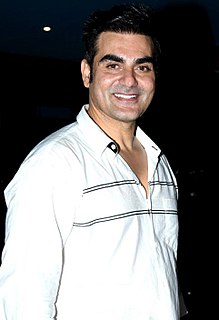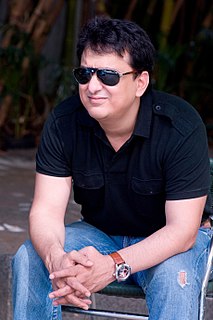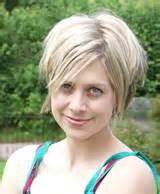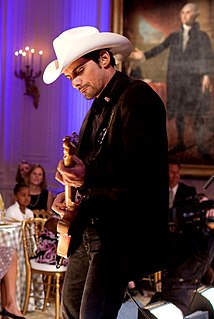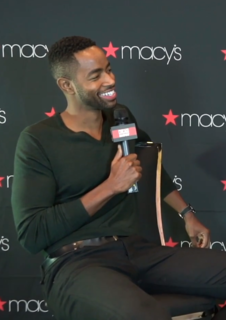A Quote by Deepika Padukone
No other aspect of filmmaking has tempted me to do a film other than the script and the story itself.
Related Quotes
I really took it in-house. The Constantine character has a kind of flesh-and-blood practical look at things that would seem, other people would use the word, occult or spiritual. But here, demons are real. So for me it was more taking it from the film itself. I didn't really need to go outside the piece itself to inform me because the perspective on it, what the character does, was provided by the script.
All directors make films in individual ways. But the classical kind of view of filmmaking is that you have a script, and it's very linear. There's a script, then you're going to shoot the script ,and then you cut that, and then that's the end of the film. And that's never really been how I've seen it.
After I read the story of 'Dangal' and before the film released, I called director Nitish Tiwari asking him if he had any good script. He told me to wait for some time. So we had three-four sittings, and this film, 'Chhichhore,' came to him. The film did not have superstars, but I felt that this is the script that needs to be told.
'Quantum of Solace' was a bit of a different circumstance than a lot of my other films because you're stepping into a franchise, and also in that particular film, we're dealing with a script from the writer's strike, which was difficult to handle because there was never time to really develop a finished script.
There is a sequence of events in our lives and so there's a temporal aspect to our experience that brings by itself, sense into the story. In other words, you were not walking before you were born and you were not doing X and Y before you did something else first. So there's a sequencing of events that imposes a certain structure to the story.
The other, the other aspect when I say I'm an actor is that as an actor you make this imaginative leap into being somebody else, that's to say the muscle of the imagination is as important as any other of the muscles in your body, and so it is something about this instinct in space and time which for me I associate with being an actor rather than a director.

